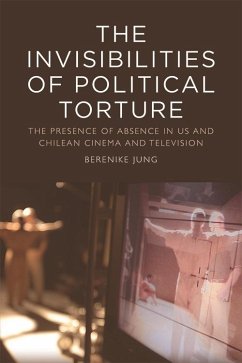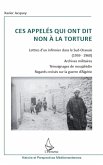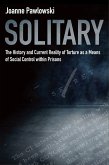Examines the ways in which moving images can help us better understand factual political tortureExamines role of images and film in (mis)understanding of tortureOffers synergised knowledge through comparative angle, exploring differences and continuities of torture cases which were documented to vastly different extentsIncludes key popular movies, independent films as well as serial televisionCombines serious film analysis with ethical-political questions and historically and theoretically informed researchExpands on the latest developments of comparative media scholarship, and integrates the nostalgic, material and affective "e;turn."e; Academic work on the subject of torture tends to mirror public debates on its presumed utility, to focus on its historically 'correct' representation or on profilmic structures of identification. This book moves beyond these ideologically charged questions to explore how contemporary films have responded to a growing popular distrust in visual evidence when referencing factual cases of torture. Two cases studies - the United States around 2004 and Chile from 1973 until the end of the dictatorship - provide either an abundance or lack of such visual evidence. Drawing on films and television series such as Zero Dark Thirty (2012), NO (2012), Homeland (2011-) and Los 80 (2008-14), amongst many others, this book analyses the visible components of torture but also its invisibilities. By casting a wider net on the definition of torture, the author promotes a radical, theoretical reframing of our concept of torture and suggests that audiovisual products can help broaden our comprehension of torture as an event which includes collective and emotional dimensions and long-term social effects.
Dieser Download kann aus rechtlichen Gründen nur mit Rechnungsadresse in A, B, BG, CY, CZ, D, DK, EW, E, FIN, F, GR, HR, H, IRL, I, LT, L, LR, M, NL, PL, P, R, S, SLO, SK ausgeliefert werden.









